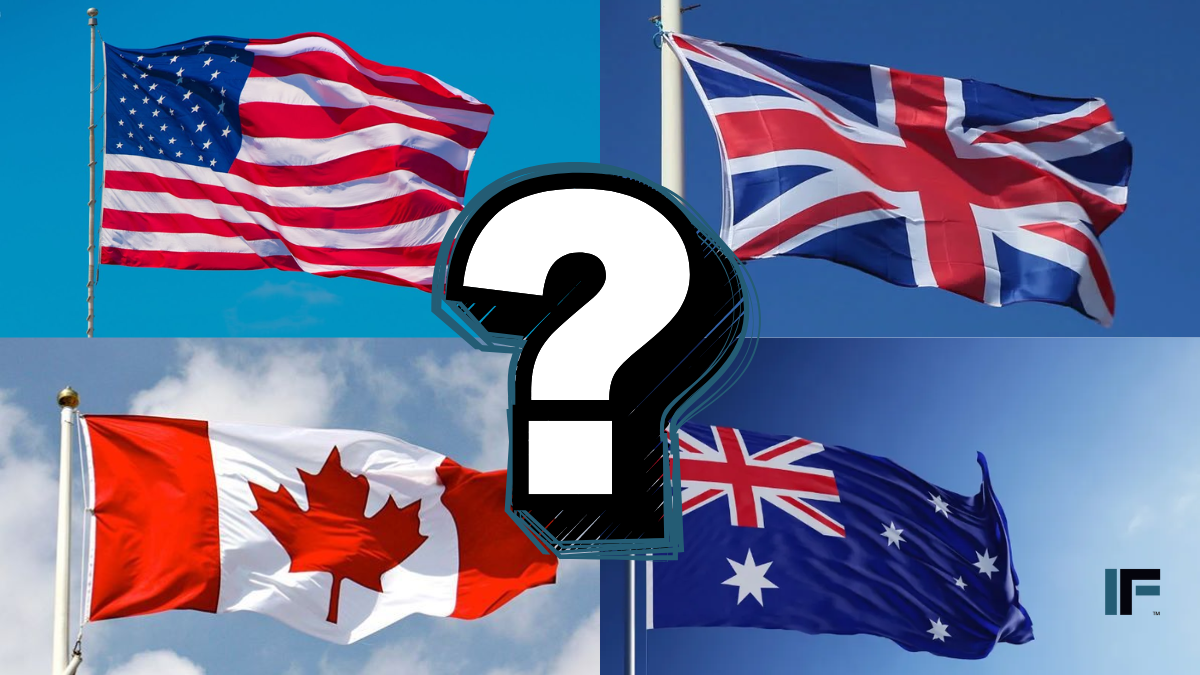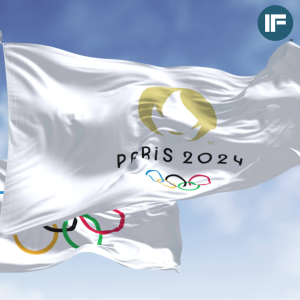
The Olympics – We wanted to know
Jul 09, 2024 | Marketing
The Olympics: Viewership in English-Speaking Countries

Someone here asked the question – “Just how popular is The Olympics in English-speaking countries?” Not that we think it’s not popular in on-English speaking countries, but for the sake of conversation – just how popular is it? The US, UK,Canada (sans-Quebec for English bu include them for the country), and Australia all have some of the top athletes and just so happen to be English-speaking countries for the most part. They’re also well-developed countries, so what does viewership and popularity look like?
United States of America (U-S-A, U-S-A,U-S,A chanting)

The United States is one of the largest consumers of Olympic content in the world. From the advertising to gear to viewership, there is no question that Americans love some Olympics. With 350M+ people, it sees 200M+ viewers over the course of the games. According to NBCUniversal, the U.S. network with broadcasting rights, the 2020 Tokyo Olympics (which took place in 2021 due to the pandemic) drew an average prime-time audience of around 15.5 million viewers. That might seem like a drop in the bucket but that’s prime time viewers, every day, over the course of The Olympics. And even so it was a notable decrease from previous years, largely attributed to the event’s rescheduling and the global pandemic. “BOOOOOOOOOOOOOOOOO, COVID!!!” But America’s enthusiasm for the Olympics is driven by a combination of national pride, star athletes, and the broad spectrum of sports covered. The USA is typically the team to beat in the most popular sports which is a driving force behind so much viewership.
United Kingdom

In the United Kingdom, the Olympics is also incredibly popular. The BBC holds the broadcasting rights for the Olympics in the UK, which provides extensive coverage across its TV channels and digital platforms. The London 2012 Olympics, which was home-soil games for the UK, saw an average audience of around 27 million viewers for the opening ceremony alone. For a US comparison, that would be 2-5x the most popular college football game of a college football season… The 2016 Rio de Janeiro Olympics drew an average audience of about 22 million viewers throughout the games from UK viewers. And although viewership numbers can fluctuate, the UK’s love for the Olympics is evident through the significant engagement across various media platforms. British viewers are drawn to the games not only for the excitement of the competition – some UK athletes and teams are the best in the world. But UK viewers also have a tremendous sense of national pride (enter scenes of folks with Union Jack flags draped on their shoulders) but also the every-4-years chance to see homegrown athletes compete on the world stage.
Canada

Then there’s Canada, another English-speaking country with a strong Olympic following from citizens because of athletic performance. Their citizens exhibit impressive viewership statistics as well from a country that is a fraction the population as the USA and the UK. The Canadian Broadcasting Corporation (CBC) holds the rights to broadcast the Olympics in Canada, offering extensive coverage across television and digital platforms. The 2018 Winter Olympics in PyeongChang attracted around 10 million viewers which is about 25% of the entire country, while the 2020 Tokyo Summer Olympics, despite the challenges posed by the pandemic, still drew some serious audience numbers. Canada’s interest in the Olympics is fueled by a mix of national pride (they love a red maple leaf) and some serious interest in sports, with Canadian athletes often claiming medals on the international stage.
Australia

Let’s wrap this up with Australia where the Olympics are a major event with considerable viewership. The Seven Network holds the broadcasting rights in Australia, and the games are a huge highlight for Australian sports fans every 4 years. Australia regularly produces some of the best athletes in most every sport. The 2020 Tokyo Olympics, again – held in 2021, saw a notable increase in viewership, with the Seven Network reporting high engagement levels across its platforms. Australians are particularly enthusiastic about Olympic swimming because – the folks down under can flat out move in the water. They’re traditionally one of the powerhouse teams no matter the distance, stroke, or event. They have almost 4x as many gold medals in swimming events as any other Olympics event, and with swimming events being some of the most popular, it’s no wonder the Australian fans get drawn in to see their athletes compete and win.
Just These 4 Countries
Yes, there are some other countries with English-first but we wanted to see what the #s were like and what was it about the peak countries that drive so much interest. From the United States and the United Kingdom to Canada and Australia, the games draw millions of viewers who are captivated by the drama, excitement, and unity at the Olympics. While viewership numbers can vary depending on the host city and the global context, the enduring appeal of the Olympics remains a testament to its power to unite people across borders and cultures. The Olympics continue to be a global spectacle that not only showcases athletic excellence but also a sense of pride and celebration among audiences worldwide.

Kyle Jernigan is an accomplished digital strategies expert and entrepreneur with over two decades of success in the digital marketing industry. He graduated from The University of Alabama, earning his degree in MIS, and is the founder and CEO of Impact Fans.





